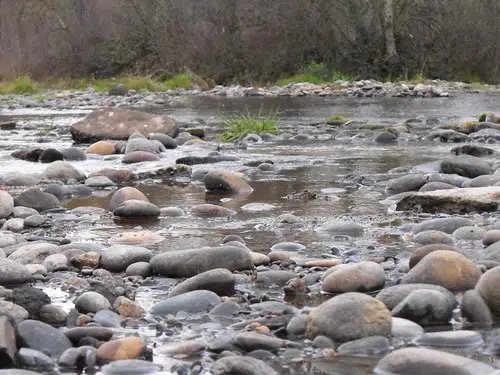A volunteer-driven effort to patrol and clean up three primary rivers in Milwaukee hopes to inspire similar movements across the state.
Organizers say Wisconsin needs more “riverkeepers.” The state’s only current waterkeeper has led work along the Milwaukee River Basin since the 1990s. Goals include improving flood management, water quality, and wildlife. Cheryl Nenn, riverkeeper for the Milwaukee River Basin, said there are a host of non-profits and agencies keeping an eye out, but in the broader region, there are few citizen-style efforts driven by science and advocacy. She noted a lack of public awareness leaves gaps in monitoring natural resources, which could harm the state’s water-tourism industry. “Arguably, one of our biggest industries in Wisconsin,” Nenn observed. “And we’re not going to be able to sustain that if we don’t have enough clean water that people are attracted to.”
The movement not only strives for clean water for consumption but to make rivers accessible for swimmers and those who fish. Nenn acknowledged the three rivers in the basin continue to deal with pollution issues, but her efforts have seen success, including the forced removal of a deteriorating dam in 2018.
The Milwaukee group is one of eight in the Great Lakes region that operate under the Waterkeeper Alliance. Nenn pointed to other local successes include a rebound in fish species, from only a handful in some areas, to now more than 40. She added her group can help guide others interested in becoming a riverkeeper in their community. “We really can help share science, and share lessons learned, and basically just become stronger organizations that are more effective in protecting the waters,” Nenn remarked.
She stressed that includes constant monitoring of water quality through test samples so that state and local agencies have a clearer picture of the treats these rivers face.
Some current threats facing the Milwaukee Basin are road salt and phosphorus from storm runoff. According to the Department of Natural Resources, Wisconsin currently has more than 1,500 impaired waterways.











